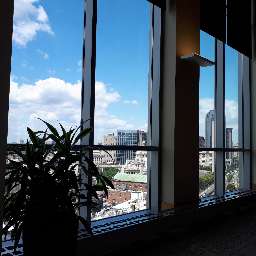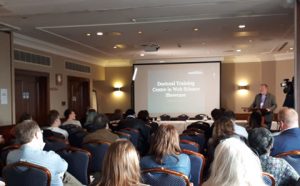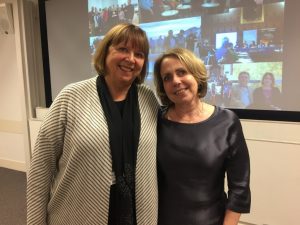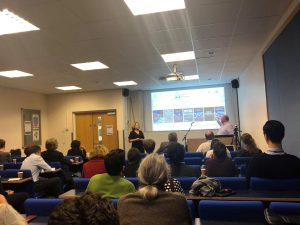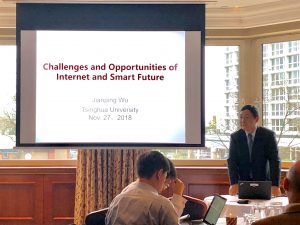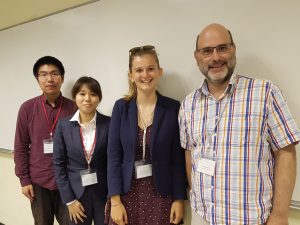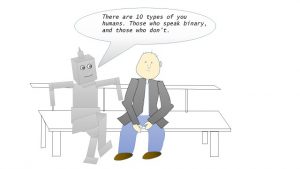
One book to rule the world … Web Science Summer School 2019
In the social sciences, I use statistical techniques to uncover data trails of human behaviour. I look for some really hidden behaviours – ones that no-one is going to admit to in a survey, like ‘Did you cheat or guess the answers in your exam?’ We use probability based measures and look at error terms to make our judgments. It doesn’t sound wildly different from the work of people who prefer to use the title ‘data scientist’.
Continue reading →


